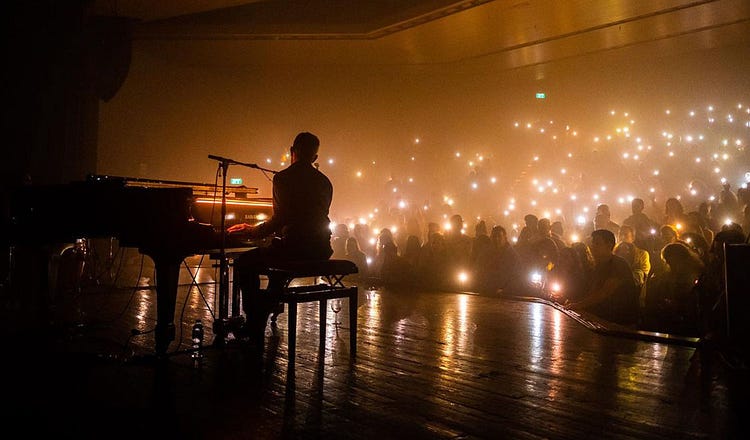Matti Friedman: The Song of the Israel-Hamas War

Shlomi Shaban performs onstage January 2024 (Lior Keter)
In a deserted border town, I listened to the reigning genius of Israeli pop blast his songs toward Gaza.
297
If you’ve been reading The Free Press, you might already think of Matti Friedman as one of our columnists. He has written some unforgettable pieces for us from Jerusalem. He was also the subject of one of the best episodes of Honestly we’ve ever published. But today we are making it official: every month, and sometimes a bit more often than that, you ca…
Continue Reading The Free Press
To support our journalism, and unlock all of our investigative stories and provocative commentary about the world as it actually is, subscribe below.
$8.33/month
Billed as $100 yearly
$10/month
Billed as $10 monthly
Already have an account?
Sign In

